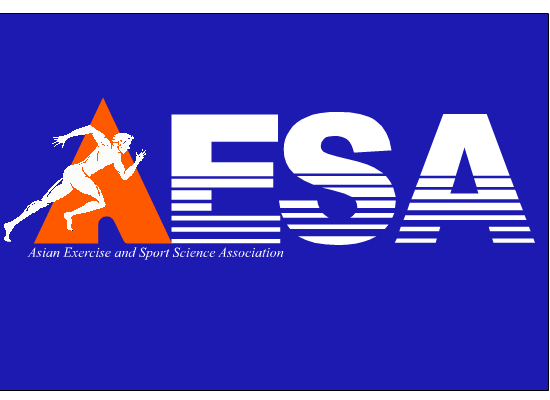A study on the application of self-forgiveness in volleyball participants
Oral Presentation
Keywords:
volleyball, self-forgiveness, emotional regulationAbstract
DOI: https://doi.org/10.30472/aesa-conf.v7i1
The volleyball program has developed to a huge number of participant groups of all ages in all countries, and thanks to the continuous improvement of volleyball rules and the superimposition of its recreational, competitive and educational attributes, volleyball has gradually integrated into our daily lives, in schools, in sports clubs, in sports parks and on live TV sets.
Volleyball has entertainment attributes since its birth, and from the beginning, it has laid the foundation for volleyball to attract the participation of the masses. As the times move forward and human civilization progresses, volleyball gradually develops and matures in the process, has complete rules, and begins to have competitive attributes, and in competitive sports, psychological quality is one of the most important qualities of volleyball players who should play, so volleyball players need to have the ability of psychological regulation. Self-forgiveness is one of the means of psychological regulation, which is the ability of individuals to forgive themselves to a certain extent when recalling their past mistakes or inappropriate behaviors, and to reflect a change in their attitude toward themselves in terms of emotion, behavior, and attitude, for example, to reduce beliefs or behaviors such as hating, punishing, and devaluing themselves.
The purpose of this study is to investigate the application of self-forgiveness in volleyball participants during their participation in volleyball, focusing on how individuals face the negative emotions such as guilt and remorse that may arise within themselves when they make a mistake and cause damage to the collective interests when the participants lose points for the whole team due to their own mistakes in the sport, and whether self-forgiveness enables individuals to continue to participate in the next game and ensure that the athletic performance is not affected by the negative emotions as much as possible. In previous studies, self-forgiveness has been divided into forgiveness for self-fault and forgiveness for others' offenses, and this study discusses forgiveness for self-fault.
This study was conducted by distributing self-forgiveness questionnaires, interviewing information about self-forgiveness of volleyball participants, and finally, the information obtained from the questionnaires was analyzed in combination with the interview information to achieve the purpose of the study. The selected subjects were 263 students from two universities who participated in volleyball, and members of a popular volleyball club in a city. Participation in various volleyball tournaments at all levels was used as a screening condition.
The study concluded that: 1. most of the participants in the survey had the tendency or process of self-forgiveness and were able to get relief from negative emotions through self-forgiveness; 2. there were age differences in self-forgiveness among volleyball participants, with older participants having a less pronounced tendency to self-forgiveness because they were less affected by the negative emotions generated by mistakes on the court, while younger participants had a more pronounced tendency to self-forgiveness and The tendency of self-forgiveness is not obvious for participants with higher professional sports grades because the higher their sports grades are, the higher their on-court ball quotient is, and they can quickly judge the nature of their mistakes and adjust their status in time; 4. It is easier for art students to achieve self-forgiveness than discipline students.
Through the conduct of the study, it was found that the subjects selected for this study had different degrees of self-forgiveness, and self-forgiveness was inseparably related to personality in addition to age, sport level, and profession, which is where this study needs to be improved, and it is expected that the deficiencies can be adjusted and improved in the follow-up study, which can provide an operable basis for the intervention of self-forgiveness for volleyball participants at an early date.
Downloads







